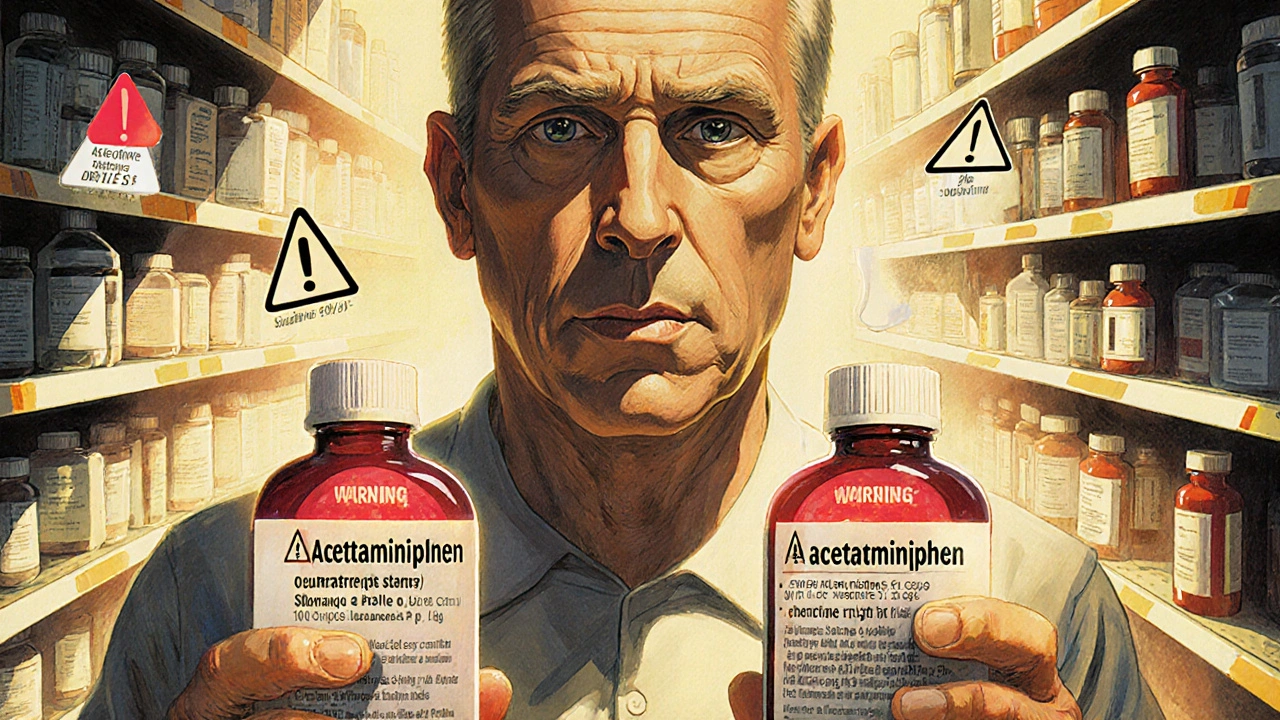Drug Warnings: What You Need to Know Before Taking Any Medication
When you pick up a prescription, you're not just getting a pill—you're accepting a drug warning, a critical alert about potential risks tied to how your body reacts to medication. Also known as medication safety alerts, these warnings exist because not everyone responds the same way. What’s safe for one person could trigger a life-threatening reaction in another. That’s why understanding drug warnings isn’t optional—it’s essential.
One of the most overlooked drug interactions, when two or more medications affect each other’s behavior in your body is how protein-rich meals can cut absorption of drugs like levodopa by half. Or how rifampin, a common antibiotic, can make birth control pills useless—while most others won’t touch them. Then there’s pharmacogenomics, the study of how your genes shape your response to drugs. For example, if you’re prescribed azathioprine, a simple TPMT blood test can prevent your bone marrow from shutting down. These aren’t rare cases—they’re routine. And yet, most people never hear about them until something goes wrong.
Some side effects, unintended reactions to medication that aren’t the intended therapeutic outcome are mild—like sweating from antidepressants or weight gain from steroids. But others are silent killers. Long-term opioids can crash your testosterone levels, leaving you with low libido and fatigue. SGLT2 inhibitors for diabetes might raise your fracture risk if you’re older or have weak bones. And when your medication gets switched to a generic version, you might feel different—not because it’s bad, but because your body noticed the change. Monitoring isn’t paranoia. It’s part of the treatment.
These aren’t abstract risks. They show up in real lives. A woman stops her antidepressant because she’s soaked through her shirts every night. A man with chronic pain loses interest in sex and doesn’t tell his doctor. A senior fractures a hip after starting a new diabetes drug, unaware it could weaken bones. The system doesn’t always warn you clearly. That’s why you need to ask: What could go wrong? Could my genes make this risk worse? Is this interacting with my coffee, my vitamins, or my other meds?
Below, you’ll find real-world breakdowns of exactly these issues. From how nasal sprays can avoid systemic side effects to why some generics need extra attention, these posts cut through the noise. You’ll learn what to watch for, when to push back, and how to spot a hidden danger before it hits you. No fluff. Just what matters.

How to Read OTC Drug Facts Labels Correctly and Confidently
Learn how to read OTC drug facts labels to avoid dangerous mistakes like double-dosing, liver damage, and drug interactions. Know what’s in your medicine and how to use it safely.
Read more